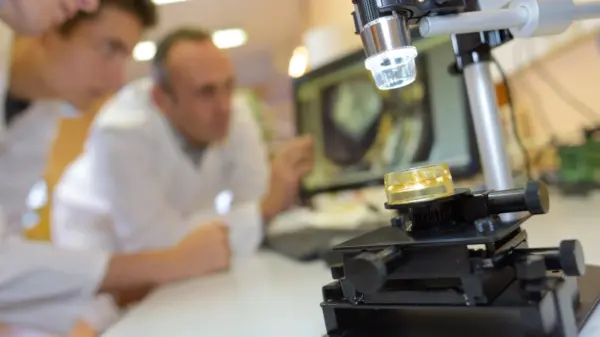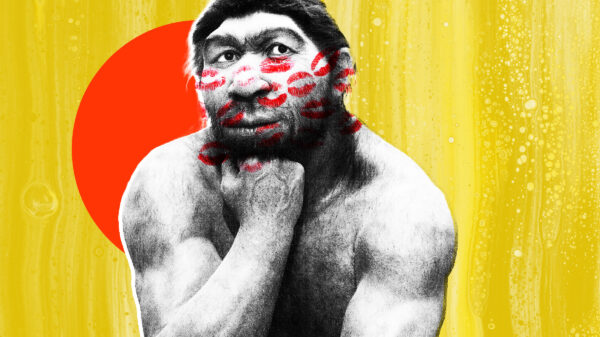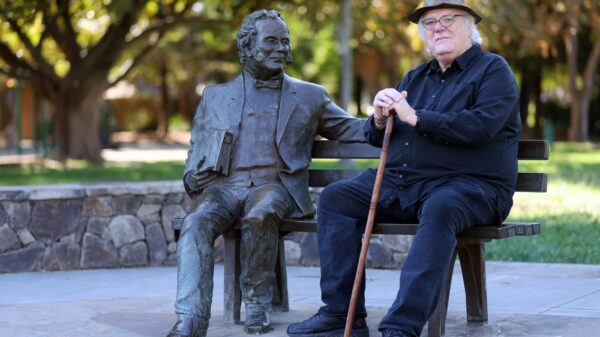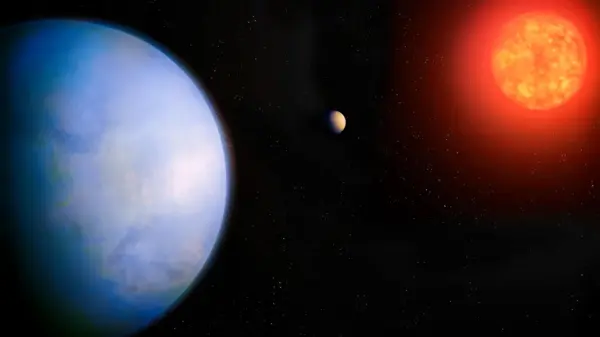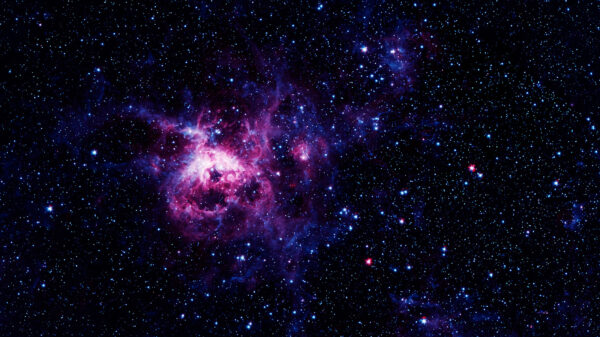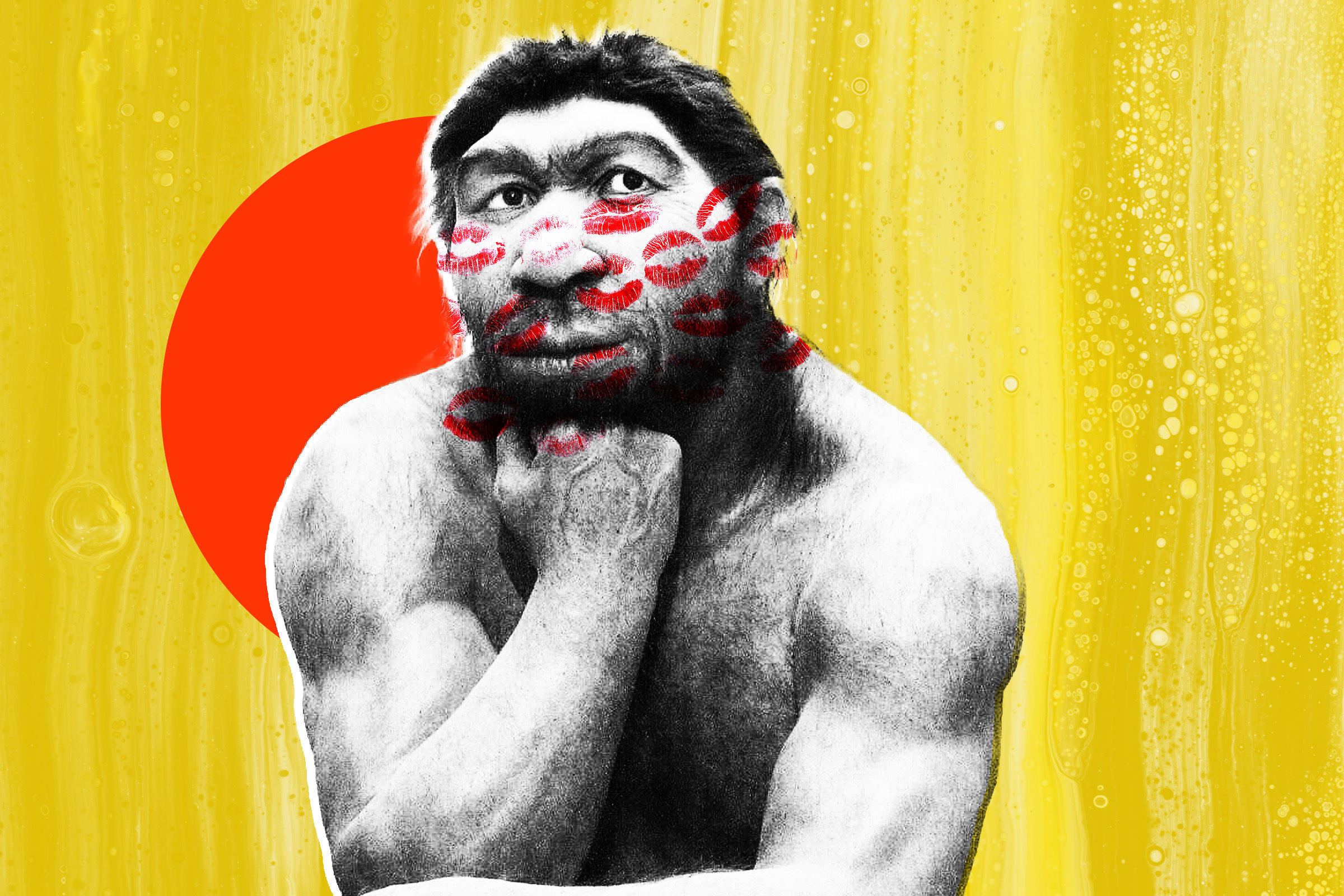A new study led by researchers at Oxford University proposes that early humans likely engaged in kissing with Neanderthals, our closest evolutionary relatives. This conclusion builds on previous genetic evidence that suggests interbreeding between the two species occurred thousands of years ago. The findings were published in the journal Evolution and Human Behavior.
The research team analyzed behavioral data from modern primates, including chimpanzees, orangutans, and bonobos, observing instances of affectionate interactions such as kissing. By treating kissing as an evolutionary trait, the scientists utilized Bayesian statistical modeling to trace its origins in the primate family tree. Their results indicate that kissing may have emerged approximately 20 million years ago, with Neanderthals included among the species that likely partook in this behavior.
Lead author and evolutionary biologist Matilda Brindle remarked, “Probably they were kissing. It certainly puts a more romantic spin on human-Neanderthal relations.” This assertion is further supported by earlier research that demonstrated shared oral microbes between humans and Neanderthals, suggesting that these two species may have exchanged saliva.
Kissing, described in the paper as a vulnerable act, may have served a crucial role for our ancestors in assessing the health of potential mates. The implication is that romantic interactions could have existed between early humans and Neanderthals, adding a compelling narrative to the long-standing discourse surrounding human evolution.
These findings echo themes popularized by Jean M. Auel in her novel The Clan of the Cave Bear, published in 1980, which proposed that our ancestors had intimate relationships with Neanderthals. While controversial at the time, subsequent genetic studies have confirmed traces of Neanderthal DNA in modern humans, reinforcing Auel’s speculative narrative.
Despite the challenges of studying behaviors in extinct species, this research brings new insights into the social and romantic lives of Neanderthals. As the scientific community continues to explore the complex interactions between early humans and their relatives, these findings contribute to a richer understanding of our shared past.
The notion that Neanderthals may have engaged in kissing not only enhances our knowledge of human evolution but also invites reflection on the emotional lives of our ancient ancestors. As researchers delve deeper into this topic, the story of human and Neanderthal relations continues to evolve, presenting a fascinating glimpse into the lives of those who came before us.



































